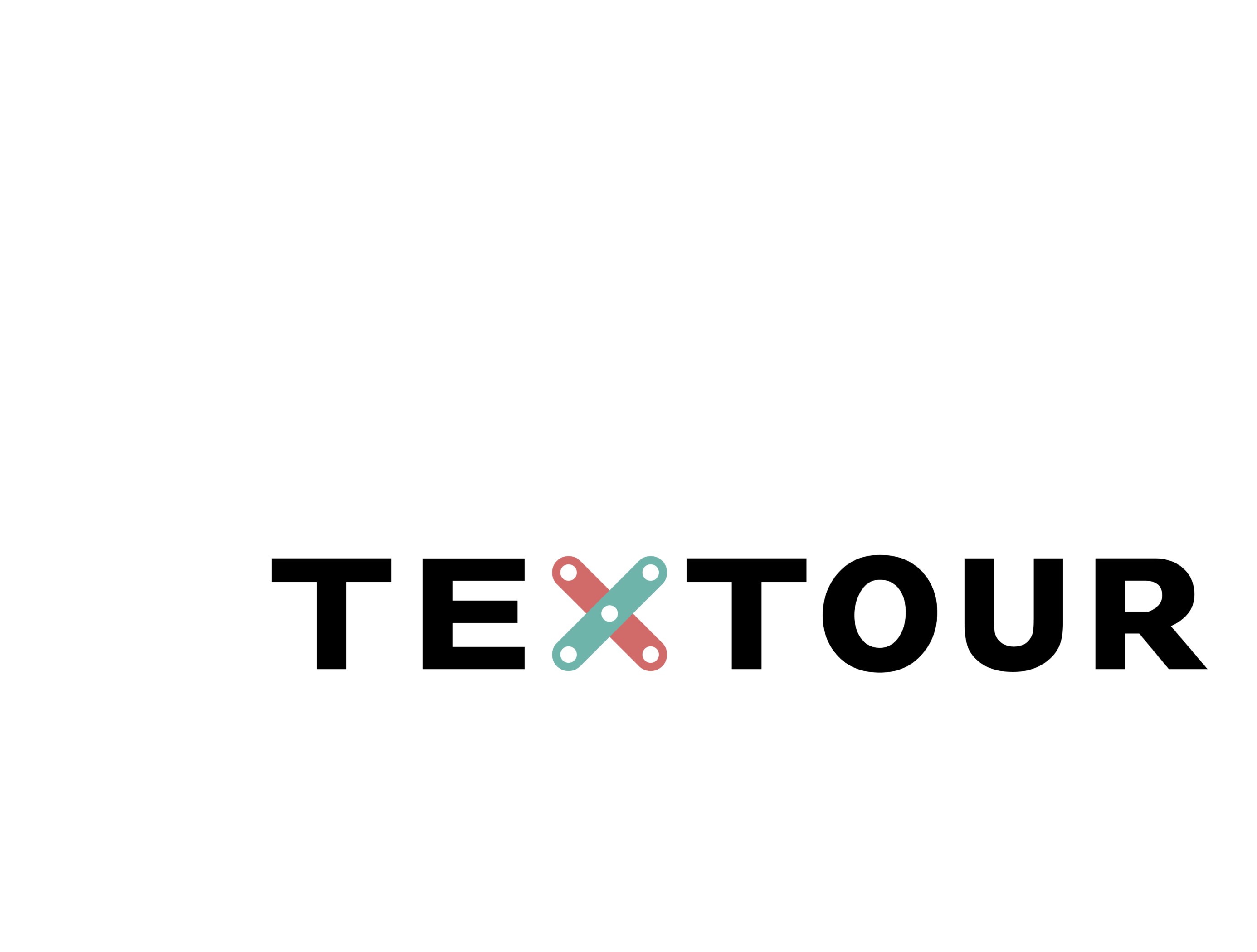
TEXTOUR (2021-24)
The overall project objective is to test and validate replicable modular strategies and tools for the development of less known, remote or peripheral areas based on their cultural tourism potential. The design of the strategy applies social innovation criteria in all the co-creation processes, ensuring the engagement of all related cultural tourism stakeholders. The project will integrate available data and generated knowledge to support policymakers and practitioners in defining sustainable Cultural Tourism strategies.
Team: João Martins, Pedro Pereira
link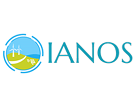
IANOS (2020-24)
IANOS’ main aim is to demonstrate, under real-life operational conditions, solutions adapted to harsh islandic conditions capable of significantly increasing geographical islands’ overall energy and resource efficiency, while decreasing the Islands’ carbon footprint. To this end, an Island Energy Transition Strategy is established through 3 Transition Tracks: TT#1: Energy efficiency and grid support for extremely high RES penetration; TT#2: Decarbonization through electrification and support from non-emitting fuels; and TT#3: Empowered Local Energy Communities.
Team: João Martins, Rui Lopes, Anabela Pronto
link
IMPACTOUR (2020-22)
The main ambition of IMPACTOUR project is to create an innovative and easy-to-use methodology and tool to measure and assess the impact of Cultural Tourism (CT) on European economic and social development and to improve Europe’s policies and practices on CT, strengthening its role as a sustainable driving force in the growth and economic development of European regions.
Team: João Martins, Pedro Pereira
link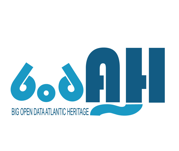
BODAH (2019-22)
BODAH aims at strengthening a more holistic sustainable development of tourism and citizens flows and socio-economic impacts redistributions thanks to the use of data and smart technologies. The project plans to develop new tools, solutions and knowledge in line with the current sectoral changes and characteristics of smart destinations, able to collect, generate, integrate and analyse information and transform it into behaviour changes and decision making processes.
Team: Anabela Pronto, Pedro Pereira
link
PV_Spread (2019-21)
The end of feed-in tariffs for distributed generation, which is a World trend in the Energy sector, poses new challenges to photovoltaic design, particularly when self-consumption schemes are considered. PV SPREAD vision is built on the democratisation of photovoltaics, by providing an ecosystem that supports the supplier/designer of photovoltaic power plants in all the design stages, reducing uncertainty and certifying the rigour and quality of the latter.
Team: João Murta Pina, Rui Lopes, André Mora
link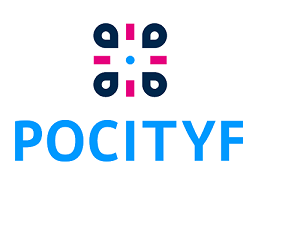
POCITYF (2019-24)
POCITYF supports the Lighthouse cities of Evora (PT) and Alkmaar (NL) and their Fellow cities Granada (ES), Bari (ΙΤ), Celje (SI), Ujpest (HU), Ioannina (GR) and Hvidovre (DK) to address their urgent need to deliver positive energy blocks and districts in their cities, towards rendering their mixed urban environment (also including the case of cultural protected buildings) into cheaper, better accessible, healthier and more reliable.
Team: João Martins, Rui Lopes, Anabela Pronto
link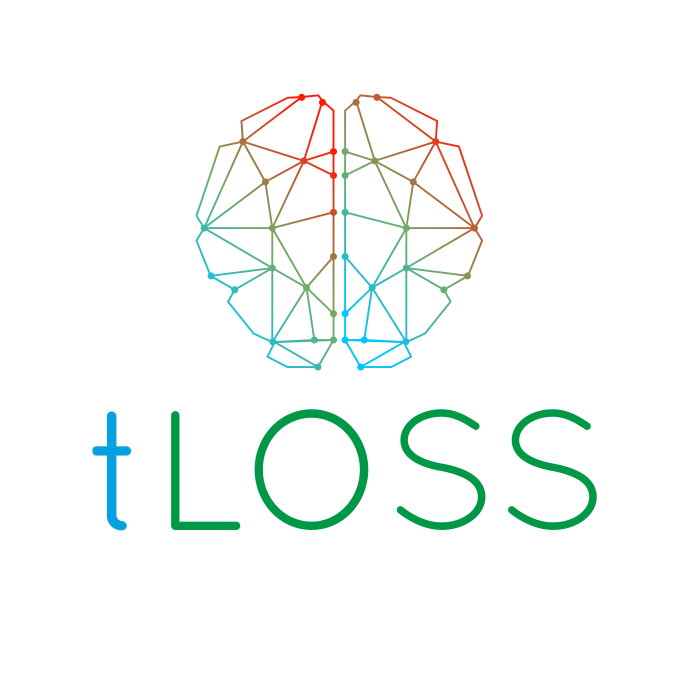
tLOSS (2018-21)
Transforming Losses Calculation in High Temperature Superconducting Power Systems (tLOSS) proposes a disruptive approach to modelling of losses, splitting them into several levels, from materials to the whole system. Fast models for losses under distinct harmonic regimes will be obtained and new HTS applications assessed. tLOSS also engages the scientific community through a collaborative approach that accelerates models development, thus promoting HTS technologies.
Team: João Murta Pina, Anabela Pronto, João Martins
link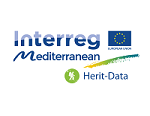
HERIT-DATA (2018-22)
Sustainable Heritage Management towards Mass Tourism Impact thanks to a holistic use of Big and Open Data. The overall objective of the project aims to reduce the impact of human activities (tourism-related ones) on cultural heritage, with a special focus on 2 kind of cultural destinations that can benefit from and be affected by mass tourism: Old towns & Sites of particular cultural heritage or archaeological interest for visitors, with a special interest on UNESCO World Heritage Sites.
Team: João Martins, Pedro Pereira
link
Climate KIC
EIT Climate-KIC is a European knowledge and innovation community, working towards a prosperous, inclusive, climate-resilient society founded on a circular, zero-carbon economy. The EIT Regional Innovation Scheme accelerates climate innovation across Europe. EIT RIS facilitates connections into our established EIT Climate-KIC innovation hubs, currently in nine countries, which in turn act as a bridge into our pan-European network.
Team: Anabela Pronto, João Martins
link